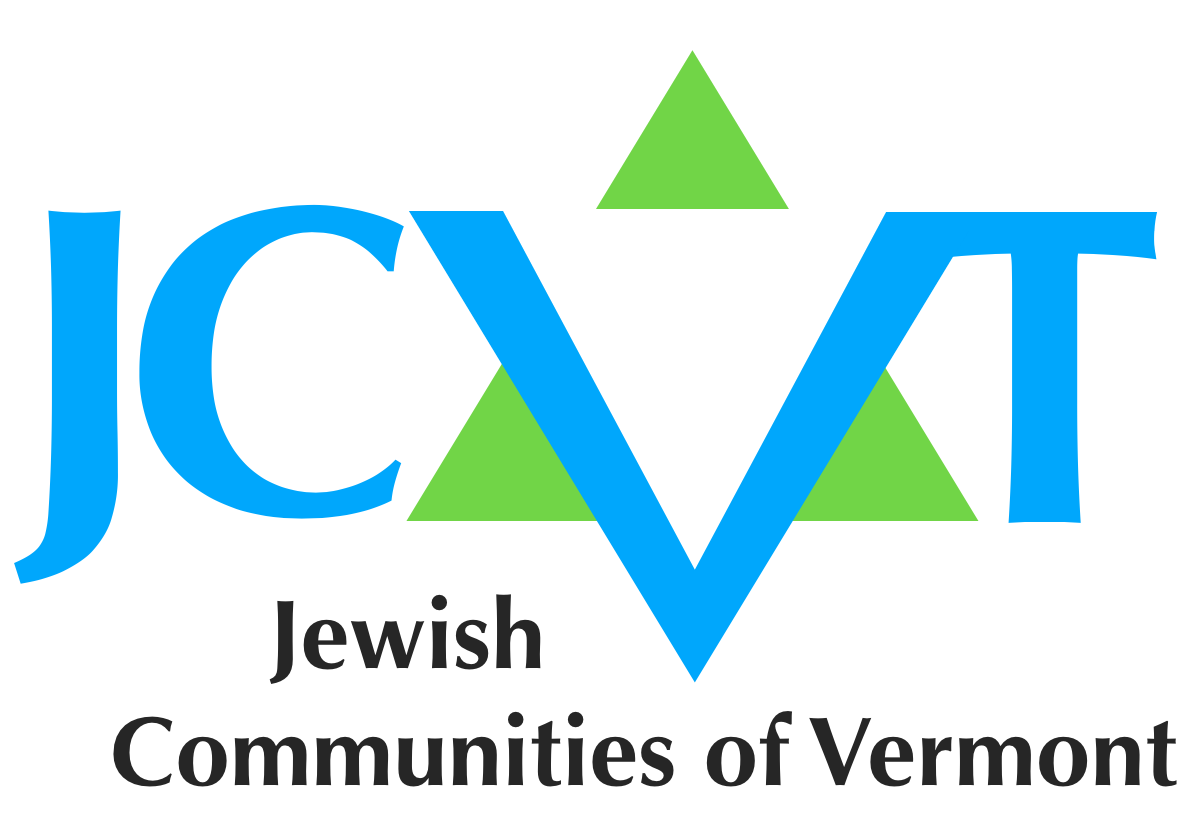Ki Tavo-when you enter the land
D'var Torah
Rabbi Seth Daniel Riemer
The parashah begins on a cheerful, celebratory note: Israelites are to take first fruits of their spring crop, bring them to a central shrine and, while presenting them as an offering of thanks, recite a formula recalling our people’s history of wandering from Aram, enslavement in Egypt, liberation by God, and settlement in the Promised Land. (Some of this language appears in the Passover Haggadah.) The people are then to participate in a joyous communal feast. Tithes set aside for Levites, strangers, orphans, and widows are detailed. Immediately upon entering Canaan, the people must perform a ceremony involving ritual sacrifice and a reminder of blessings and curses: a summary of blessings for obeying and – with more elaborate, graphically terrifying effect – description of curses for disobeying God’s law. Moses concludes by urging Israel to take heed and follow through on its covenantal obligations.
D’var by Rabbi Jan
Over and over, our Torah speaks about 'entering a new land' and I have to wonder, is there ever a new land, here being interpreted as the land that is our selves? or do we revisit, over and over, the land of possibilities and opportunities to bring more compassion and justice into our world, balanced by how we actually behaved this past year, both personally and publicly? (I think, yes).
In this week's torah portion, Ki Tavo, we find that, rather than the militaristic instruction to invade and occupy, we are instead instructed to make a pilgrimage of gratitude. We learn:
וְהָיָה֙ כִּֽי־תָב֣וֹא אֶל־הָאָ֔רֶץ אֲשֶׁר֙ יְהֹוָ֣ה אֱלֹהֶ֔יךָ נֹתֵ֥ן לְךָ֖ נַחֲלָ֑ה וִֽירִשְׁתָּ֖הּ וְיָשַׁ֥בְתָּ בָּֽהּ׃
וְלָקַחְתָּ֞ מֵרֵאשִׁ֣ית ׀ כׇּל־פְּרִ֣י הָאֲדָמָ֗ה אֲשֶׁ֨ר תָּבִ֧יא מֵֽאַרְצְךָ֛ אֲשֶׁ֨ר יְהֹוָ֧ה אֱלֹהֶ֛יךָ נֹתֵ֥ן לָ֖ךְ וְשַׂמְתָּ֣ בַטֶּ֑נֶא
וְהָֽלַכְתָּ֙ אֶל־הַמָּק֔וֹם אֲשֶׁ֤ר יִבְחַר֙ יְהֹוָ֣ה אֱלֹהֶ֔יךָ לְשַׁכֵּ֥ן שְׁמ֖וֹ שָֽׁם׃
When you enter the land that your God יהוה is giving you as a heritage, and you possess it and settle in it, you shall take some of every first fruit of the soil, which you harvest from the land that your God יהוה is giving you, put it in a basket and go to the place where your God יהוה will choose to establish the divine name. (Deut. 26:1-2)
What follows are very specific ritualistic instructions for how each individual, and not the priest, shall make an offering in gratitude for these first fruits; it includes the script as well that each individual recites as they make the offering.
I reflect on this ritual, coming as it does during the month of ELUL, when we are practicing the self-assessment practice of teshuvah, in preparation for the Holy Days ahead. No one can do our changing for us; no one can do our supplication for compassion for us. Only we, as individuals, can do this inner work. No one needs to know the depths of your remorse, your catalog of mis-demeanors (literally, the missing sense of honor, as in, how have you demeaned yourself and others?); no one can see the path forward that is forged through how you moved through this previous year. This basket is filled with your life, and only you can make it an offering in partnership with the Well of Life.
As we pass the full moon of last night, and move evermore doggedly towards our holy days, Torah offers us this profound ritual of connection in order that we never take anything for granted; that, the abundance, and yes, even the challenges, that fills our lives is a gift; that, as Rabbi Art Green teaches, Gratitude is the foundation of all religious practice.
May you have a nourishing two weeks to the New Year!
